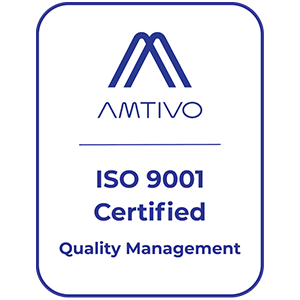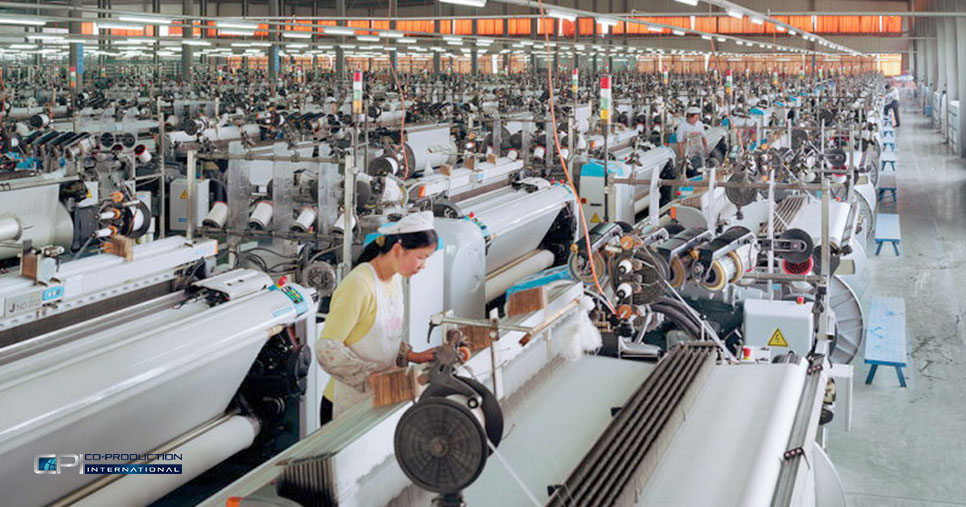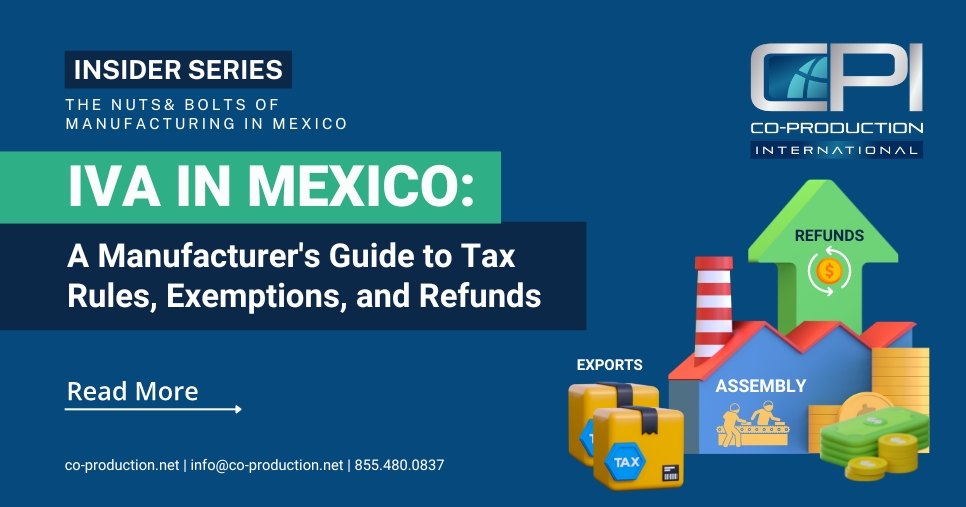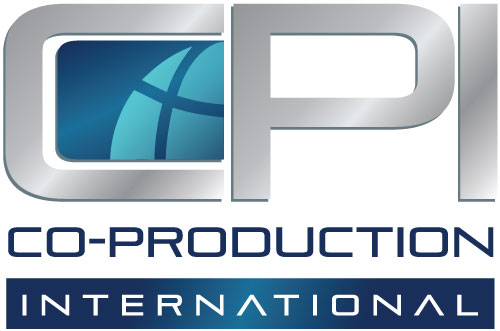Recently installed U.S. Secretary of Commerce Penny Pritzker said trade opportunities with Mexico will expand as economic and security conditions improve in America's southern neighbor.Pritzker is headed to Mexico for her first official trade mission Nov. 18.
The trip will focus on key industries such as advanced Mexico manufacturing and health information technology, she told The Times in a brief interview Tuesday after delivering a keynote address at the U.S. Saudi Business Opportunities Forum in downtown Los Angeles.
Though many American companies have moved production to Mexico to offset the rising cost of labor in China and other countries, U.S. firms remain uneasy about security concerns brought on by the nation's drug violence.
IN-DEPTH: Five key takeaways on America's housing market
But Pritzker said those concerns have diminished because of the Mexican government's aggressive crackdown on drug cartels. She said Mexican President Enrique Peña Nieto has instituted reforms to make the country more attractive to invest in and his administration has worked closely with the U.S. government. Peña Nieto has focused on reforming education and the energy industry in Mexico.
'He's really gotten great support in his country for education reform and other things," Pritzker said. "It's going to create continued opportunities for the two countries to work together, both diplomatically and economically."
Mexico is America's third-largest trading partner, just behind China.
Pritzker also discussed North America's rising industrial competitiveness.
Companies were looking to bring their production closer to home, either to the U.S. or to nearby countries such as Mexico.
The reasons? Lower energy costs and an innovative workforce in the U.S., combined with rising wages overseas, make American manufacturing more attractive for many firms. The cost difference between manufacturing in the U.S. and China is now 7%, she said.
"There is an opportunity today ... with our flexible and creative workforce, with our lower energy costs, with our innovation capacity both from our R&D expenditures as well as our universities are making America much more competitive," she said.
There will also be increased cooperation between U.S. firms and Mexican companies, perhaps with innovation occurring on the American side and production happening south of the border, she said. Already many goods are manufactured partly in U.S. and partly in Mexico.
"These supply chains are very interrelated," she said. "So that's an asset for the Western Hemisphere."
Pritzker was also asked to weigh in on controversial Trans-Pacific Partnership trade agreement negotiations.
The Obama administration has come under criticism for conducting negotiations in secret. Drafts of the trade agreement have been reviewed only by those directly involved. Congress has had limited access.
The new trade agreement would be an accord with 10 other countries, including Australia, New Zealand, Peru and Vietnam.
Pritzker, sidestepping the question of secrecy, said the Obama administration sees the agreement as an opportunity to "set a high standard for trade."
She said American firms are looking forward to the trade agreement being finalized and signed.
"American business sees this as an opportunity," she said.
Some critics have said the agreement could result in American companies offshoring jobs, as happened after the North Atlantic Free Trade Agreement took effect in the 1990s.
Pritzker said that's not the aim of companies that would be affected by the TPP.
"I think that the way business thinks about the TPP is not about an opportunity to move our jobs offshore," she said. "What they're looking for is access to a level playing field and markets around the world. If the TPP is completed, then we will have access to 40% of the world's GDP."
By David Pierson at www.latimes.com





.png)






